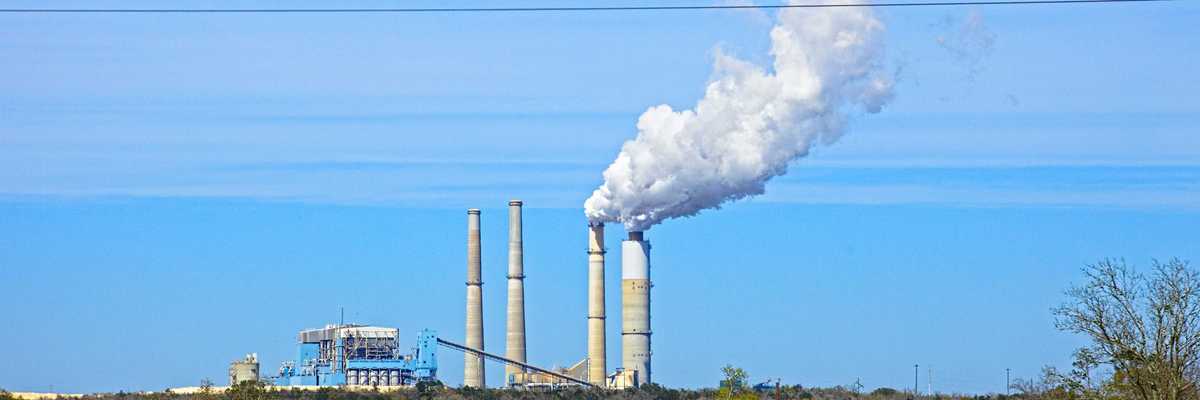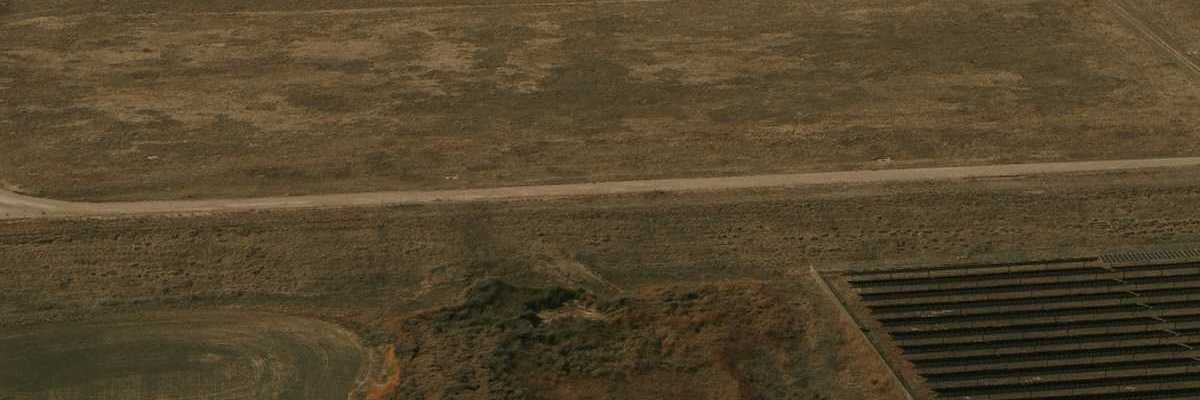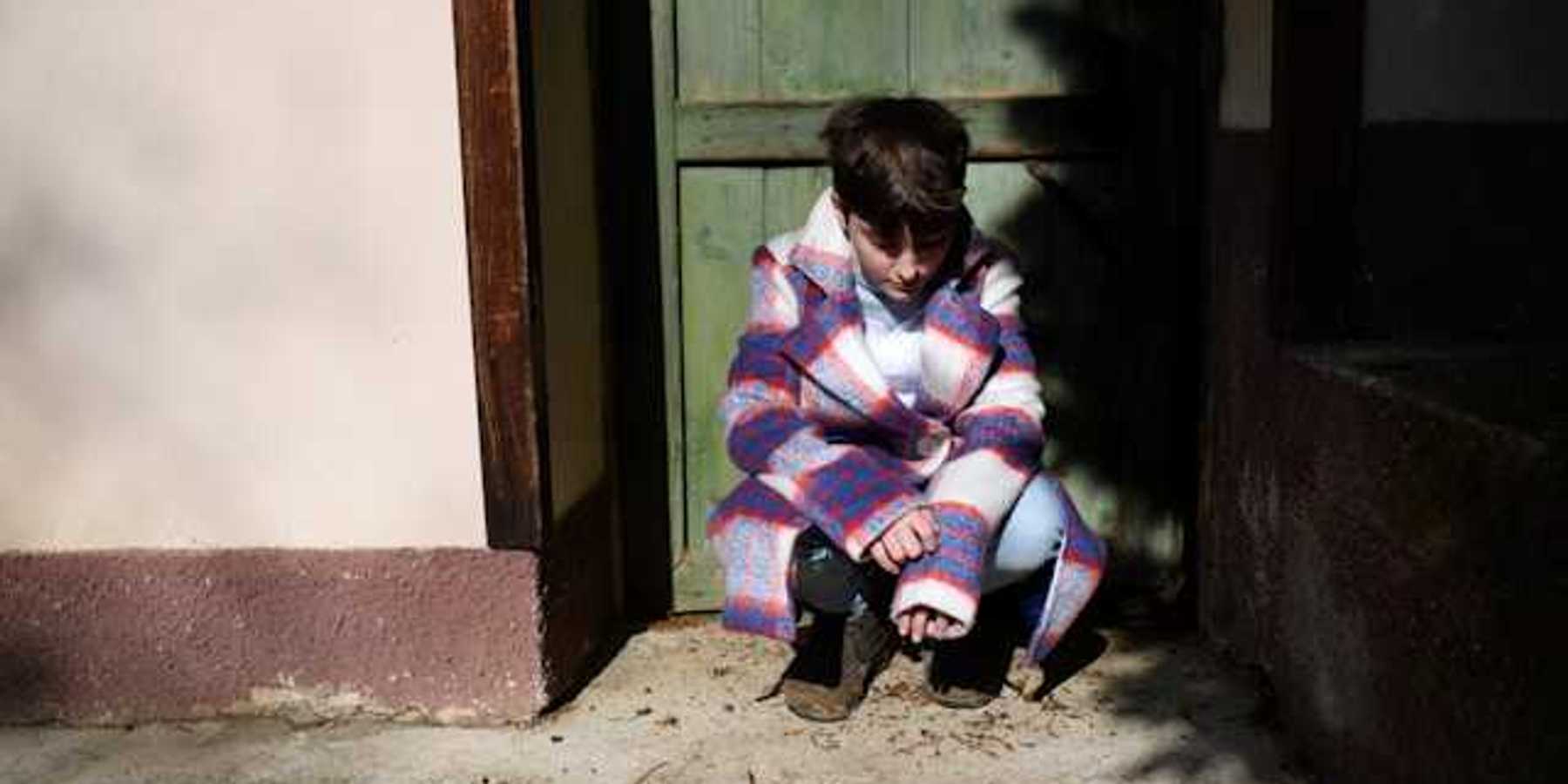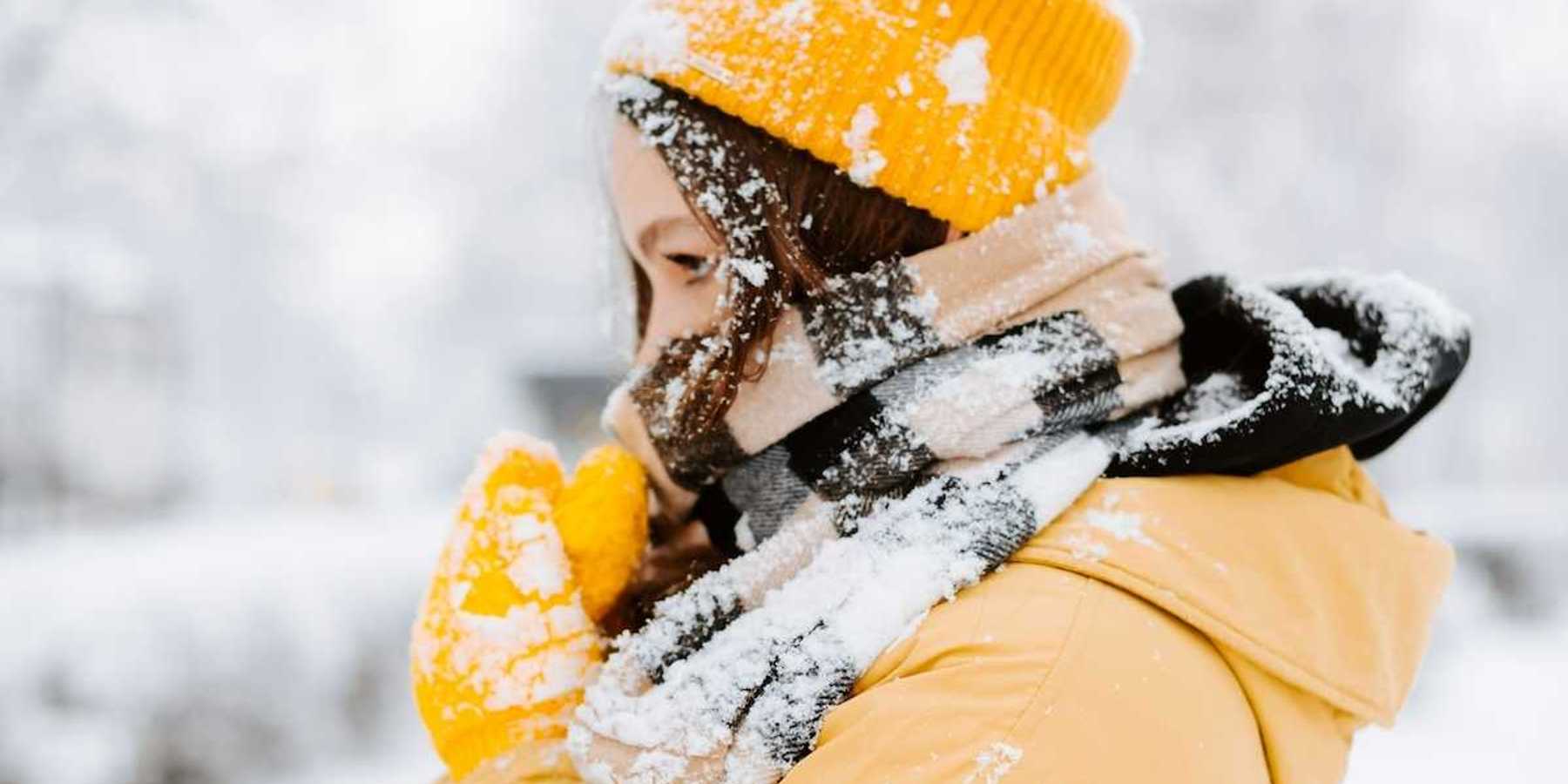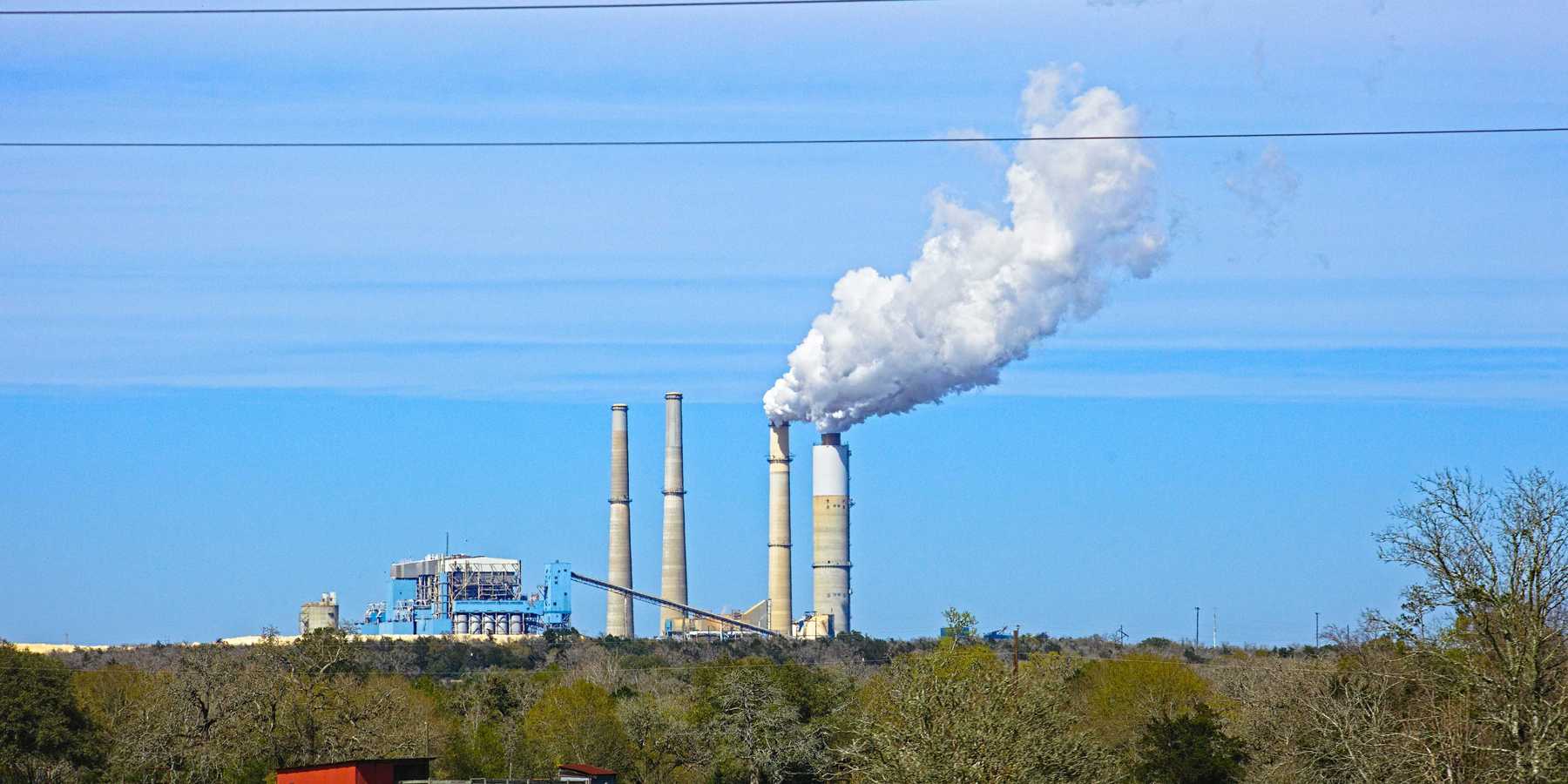slaughterhouses
Newsletter
Slaughterhouses ordered to pay for deforestation in Brazil’s Amazon
A Brazilian judge has ordered two beef slaughterhouses and three ranchers to pay $764,000 for contributing to deforestation in a protected Amazon rainforest area.
In short:
- Two slaughterhouses, Distriboi and Frigon, were found guilty of buying cattle from illegally deforested land in Rondonia’s Jaci-Parana reserve.
- The $764,000 penalty includes $453,000 for reforesting 232 hectares of land that was converted to pasture.
- This case is one of several lawsuits seeking damages from companies involved in the illegal cattle trade in the Amazon.
Key quote:
“When a slaughterhouse, whether by negligence or intent, buys and resells products from invaded and illegally deforested reserves, it is clear that it is directly benefiting from these illegal activities.”
— Judge Inês Moreira da Costa
Why this matters:
The Amazon is vital for global climate regulation, and deforestation driven by cattle farming threatens its survival. Legal action against companies involved in illegal deforestation is crucial for protecting this essential ecosystem.
Keep reading...Show less
Newsletter
Zero-deforestation pledges by slaughterhouses actually work
Researchers found that existing pledges have already reduced Amazon deforestation by 15%—if implemented across all companies, that number shoots up to 51%.
newrepublic.com
American’s food supply chain was already deadly. Then came the wildfires.
As blazes devour California and Oregon, farmworkers are risking their lives by showing up for the harvest. What other choice do they have?
www.nytimes.com
Meat plant closures mean pigs are gassed or shot instead
Coronavirus outbreaks at meatpacking plants have created a backlog of animals ready for slaughter but with nowhere to go. Farmers are having to cull them.
www.nytimes.com
Powerful meat industry holds more sway after Trump's order
The executive action signals that decisions around whether to close or reopen plants should be driven by the federal government, not local authorities.
www.nytimes.com
The food chain's weakest link: Slaughterhouses
A relatively small number of plants process much of the beef and pork in the United States, and some of them have closed because workers are getting sick.
www.nytimes.com
The meat business, a big contributor to climate change, faces major tests
The coronavirus is closing meatpacking plants, adding to financial strains from the China trade war and the rise of “fake” meat alternatives.
ORIGINAL REPORTING
MOST POPULAR
CLIMATE


